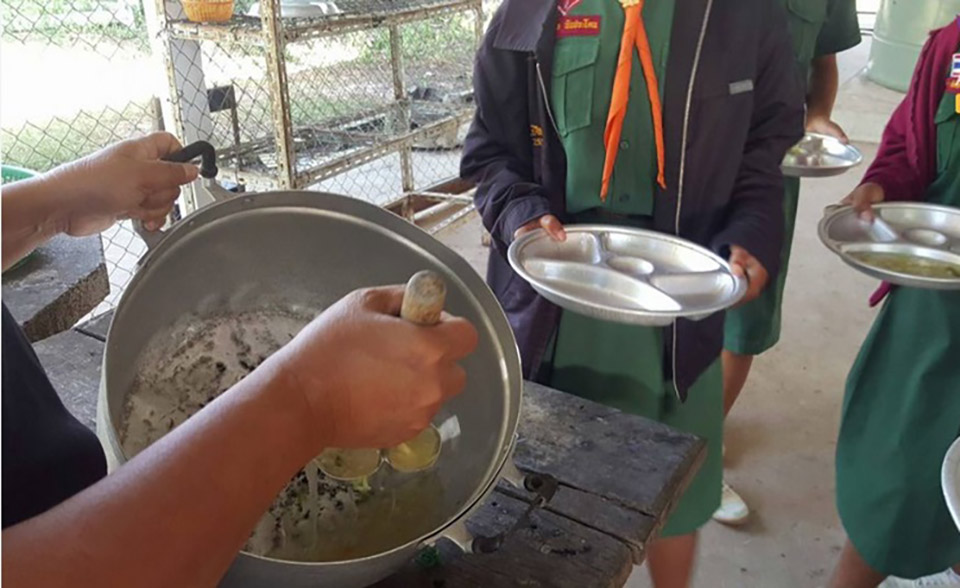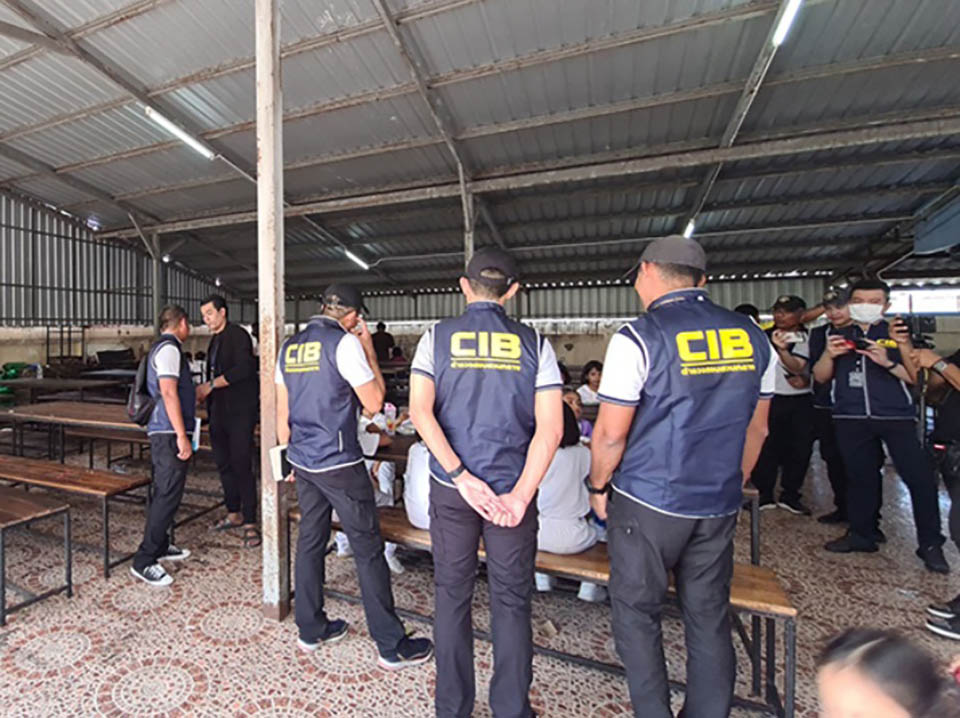
The National Anti-Corruption Commission (NACC) is heightening its oversight of the Student Lunch Project Fund following new allegations of corruption that potentially contribute to child malnutrition in Thailand. Prompted by a series of complaints and reports on social media, the NACC has affirmed it is committed to thorough inspections across the country to eradicate corrupt practices and nepotism within the program.
To combat potential fraud, the NACC advises schools to adhere to existing guidelines set by the Office of the Basic Education Commission and the Ministry of Education for student meal preparation. The commission is conducting random checks in schools to ensure the program’s integrity, emphasizing the significant impact that misuse of funds can have on children’s health and the country’s future.
The NACC’s efforts include promoting transparency in the procurement process for school lunches and investigating recent complaints from various provinces, including a case in Bangkok involving demands for bribes in exchange for project contracts.
Established in 1952, the Student Lunch Project Fund seeks to address child malnutrition by providing nutritious meals to students. Despite its noble intent, the fund has encountered recurring corruption issues, with individuals involved being legally penalized. (NNT)










